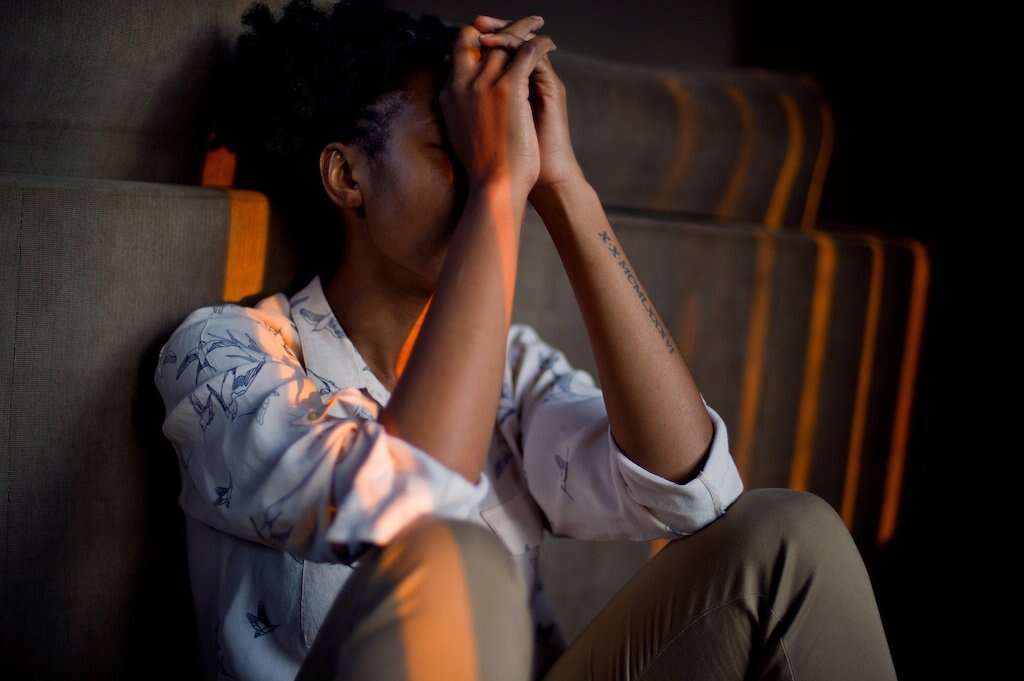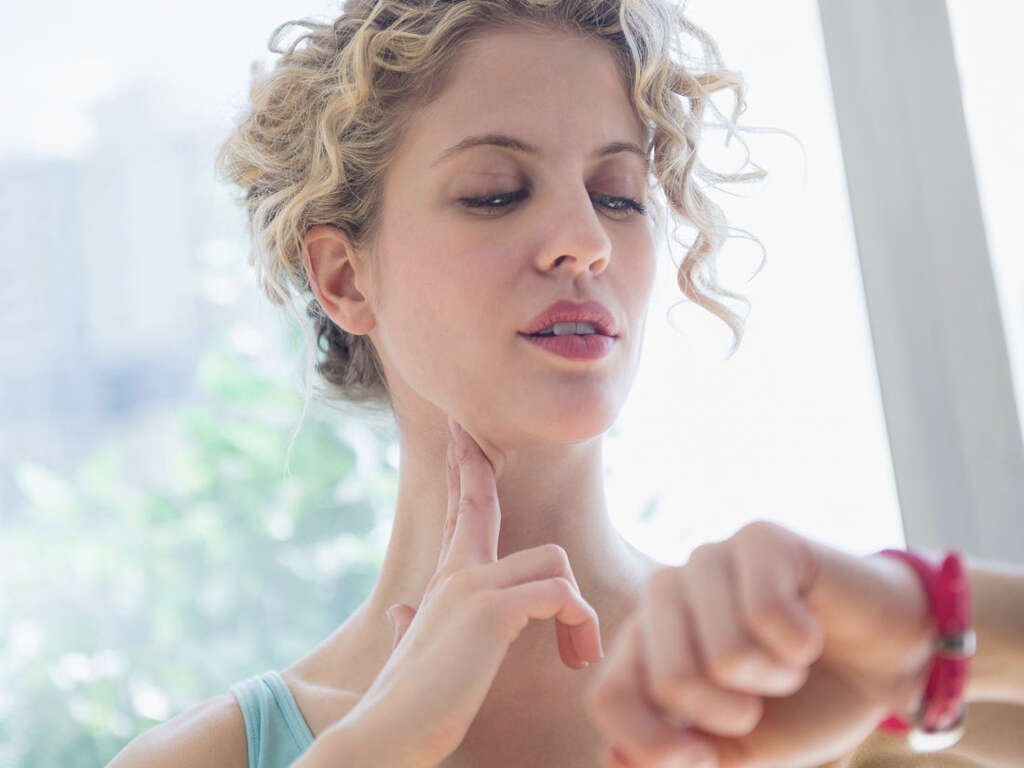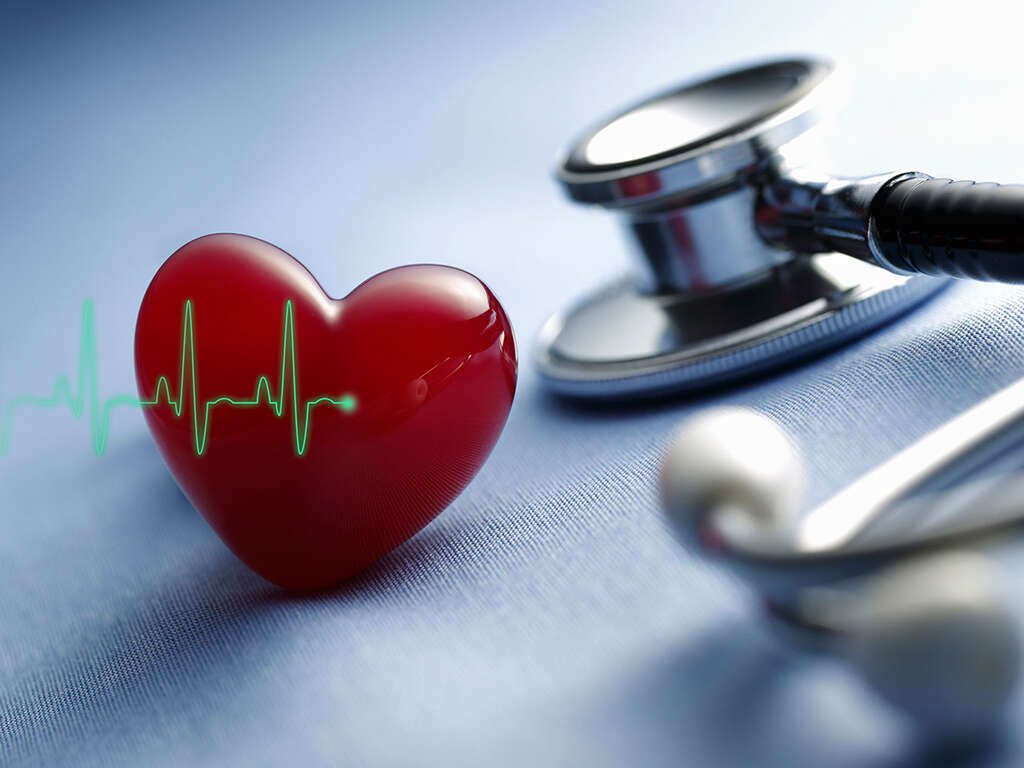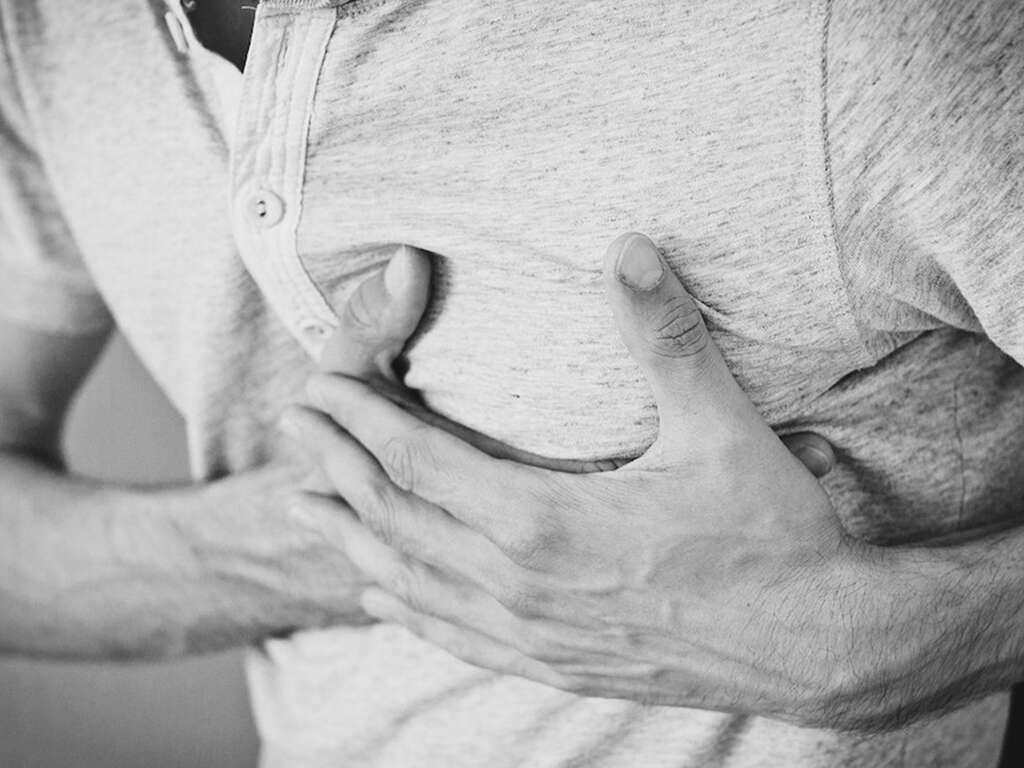10 Heart Palpitations Symptoms
 Article Sources
Article Sources
- 1. Staff, Mayo Clinic. 'Heart Palpitations.' _Mayo Clinic_, Mayo Foundation for Medical Education and Research, 16 Apr. 2020, www.mayoclinic.org/diseases-conditions/heart-palpitations/symptoms-causes/syc-20373196.
- 2. Staff, Mayo Clinic. 'Bradycardia.' _Mayo Clinic_, Mayo Foundation for Medical Education and Research, 13 Nov. 2019, www.mayoclinic.org/diseases-conditions/bradycardia/symptoms-causes/syc-20355474.
- 3. Editorial Staff, American Heart Association. 'Syncope (Fainting).' _Www.heart.org_, www.heart.org/en/health-topics/arrhythmia/symptoms-diagnosis--monitoring-of-arrhythmia/syncope-fainting.
- 4. Heyden, Steven J. 'Why Do People Sweat When Nervous? 6 Ways to Stop It.' _Aurora Health Care_, 30 Jan. 2018, www.aurorahealthcare.org/patients-visitors/blog/why-do-people-sweat-when-nervous-6-ways-to-stop-it.
7. Lightheadedness
Causes of lightheadedness include conditions such as hyperventilating, panic attacks and dehydration. Additionally, when heart palpitations and arrhythmias induce a rapid or slow heart rate, the heart cannot pump effectively. Palpitations cause interruptions in heart rhythm, which reduces blood flow through the body.
This decrease in pumping causes very low blood pressure and reduces the amount of blood sent to the brain. If you begin to feel lightheaded and as if you may pass out, this sensation is presyncope, a precursor to syncope or fainting.
Advertisement









